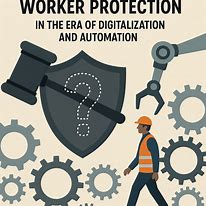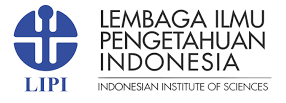Ketidakpastian Hukum dalam Perlindungan Pekerja di Era Digitalisasi dan Otomatisasi
Abstrak
Global technological changes, including automation, digitalization, and the adoption of artificial intelligence, have created significant transformations in the labor market. The World Economic Forum (2020) reported that 85 million jobs may be displaced bymachines by 2025, while 97 million new roles will emerge, requiring different skill sets. In Indonesia, this transformation affects the legal protection of labor, particularly in aspects of employment relations, the right to decent work, and legal certainty for contract and outsourced workers. This study employs a normative juridical method with a statutory and literature-based approach to examine how the Indonesian labor law system responds to these challenges. The findings indicate that although Law No. 13 of 2003 and its amendment through Law No. 11 of 2020 (Omnibus Law on Job Creation) aim to address labor market dynamics, the existing legal framework has not fully accommodated protections for workers affected by automation and platform-based employment (gig workers), as seen in more proactive approaches in countries like Germany, Japan, and Canada. Therefore, a more inclusive and progressive regulatory approach is needed, including legal recognition of new forms of employment and universal social protection, to ensure that Indonesia's labor system can adapt effectively to global technological shifts.




1.png)





.png)

.png)







